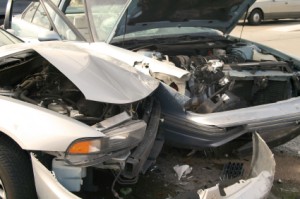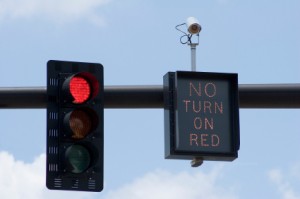Average Car Insurance Rates Revealed
Paying too much for auto insurance? Find out the average car insurance rates by state, so you can shop smarter in your zip code and city.
Is there such a thing as average car insurance rates? According to NAIC in 2009, the average car insurance premium in the state of New Jersey was $1101 while the average cost in North Dakota was $510. That’s an 53.7% difference – big money when you’re buying a policy every year. According to that same study, average car insurance premiums across the nation were $789, which still makes New Jersey’s average car insurance rates ridiculously high.
Updated Insurance Rates by State
We also compiled some average car insurance rates below. For now, the better answer to the question about average car insurance rates is that it all depends.
Auto Insurance Rates Depend On Your Location
As you may have guessed, auto insurance rates depend on your state of residence. As we have already talked about the average car insurance premium in New Jersey is notoriously high. Historically, insurance regulations in New Jersey are strict. In some cases, regulators have encouraged some companies to leave, decreasing competition, and thereby driving premiums even higher. Still, as high as New Jersey rates are, they’re usually more in Washington, D.C.
In addition, the average car insurance rates in a city, will be more than the average car insurance rates on a farm. Because, insurance companies base their prices on risk, city-dwellers pay more. It’s more likely for bad things to happen to your car in a city than driving to and from the convenient store in Podunk, USA.
Average Car Insurance Rates Depend On Your Driving History
For those that have a not-so-stellar driving history, insurance companies will reward them with not-so-stellar average car insurance rates. Drivers with clean/clean records earn cheaper premiums. Clean/clean is insurance-speak for no accidents and no tickets. If you drive without accidents or tickets for three years, in most cases insurers won’t count your old record against you. There are definite exceptions to the rule like DUIs.
Average Car InsuranceRates Depend On Your Age and Sex
Like it or not, younger drivers carry more risk than older, more experienced drivers. As such, drivers under 25 usually pay more for their car insurance policy than drivers over 25. If you’re under 25 right now, don’t worry, it’ll be here before you know it.
In addition, the average car insurance rates for younger female drivers are often less than their male counterparts. Research shows younger males are more aggressive drivers, often having more accidents than females in the same age bracket. That’s why insurance companies charge higher premiums for young male drivers.
Average Car Insurance Rates Revealed
As for average car insurance rates, we compiled a list of rates from several states. Although they’re not definitive lists, it’s a helpful tool for comparing rates at different companies in a few different states.
It’s better to compare your current premium to a few other companies directly. Make sure you get several quotes before you settle on a policy. You may not know the exact average car insurance rates, but you’ll find out if you’re getting ripped off by your current insurer.
Was this article on average car insurance helpful? Let me know what I missed!





